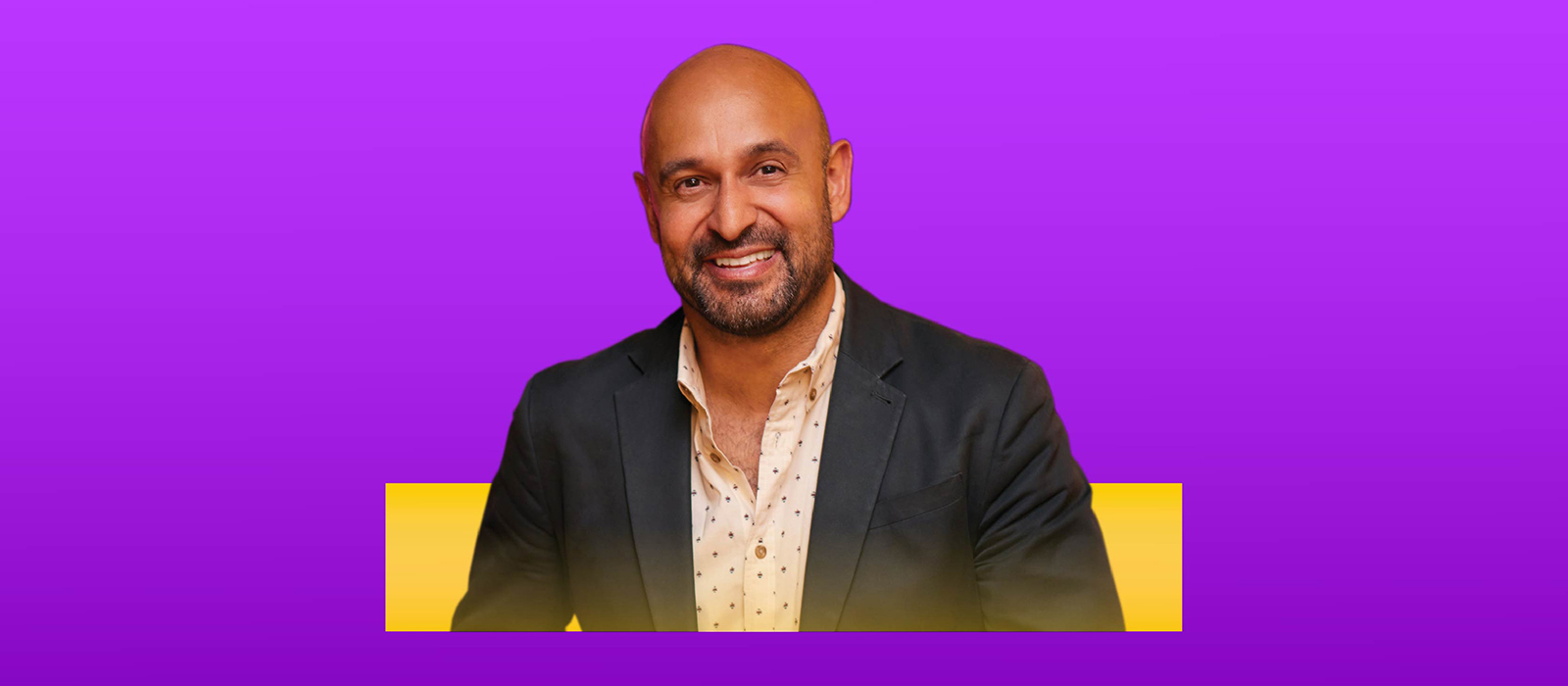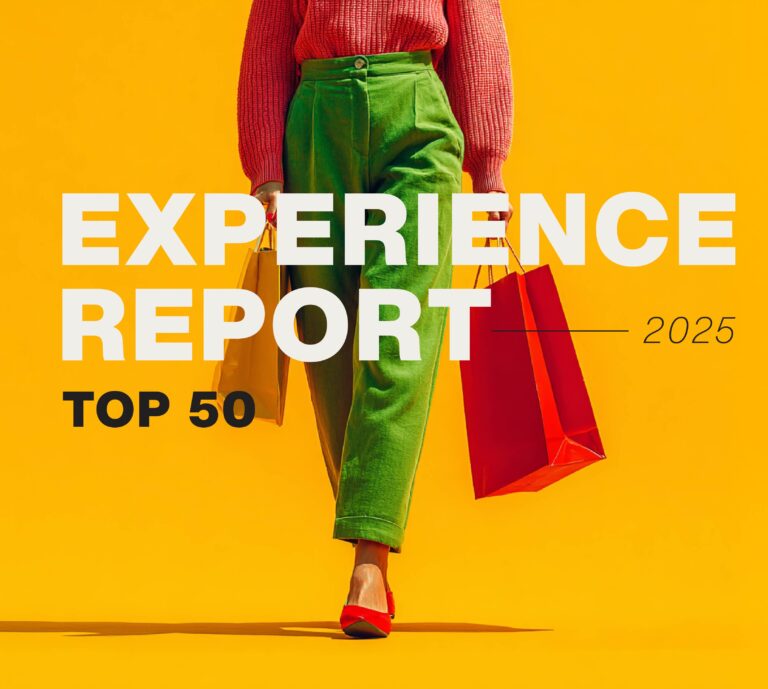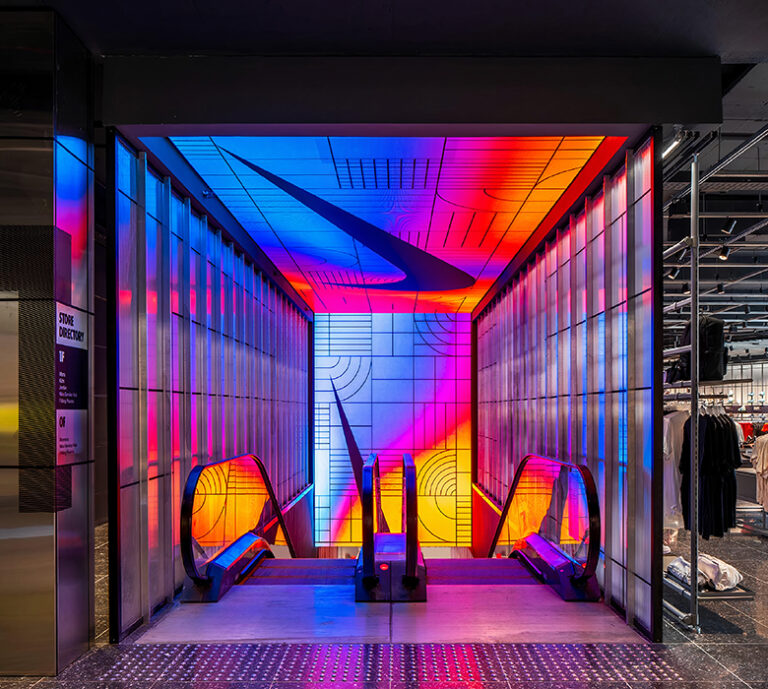×

In Fast Company, we share how brands can measure the power of their physical customer experience, what's holding them back, and more.

Castlerock is an integrated real estate development, ownership, marketing, and asset management firm specializing in distinctive hospitality-driven properties designed to enhance and enrich communities. Joel’s current role puts him front and center of hotel industry shifts and trends, working with clients including The Westin Nashville, Bobby Hotel, and Oak Steakhouse. So our Director of Strategy, Alexa Jewell Schaefer, sat down for a conversation with Joel about this new era of hospitality:
AJS: You’ve been in the hotel industry for nearly two decades, what are the most outstanding changes that have occurred in the last five years?
JM: I see a few major shifts in the industry that have greatly impacted hospitality, most of which require adaptability and the willingness to take risks. The first, and probably the most obvious, is technology: from smart rooms to mobile check-in to contactless payments. While hotels have been somewhat slow to move on these trends, the pandemic accelerated the use of these tools almost overnight.
Secondly, hoteliers’ mobile environments have gotten significantly better, making it easier than ever before to book your next hotel room. It’s new age OTA’s that are really leveling up the ante with killer perks and personalized travel recommendations.
Another shift is this concept of lifestyle amenities available to guests, particularly in the higher-end hotels. Hoteliers winning with guests, are doing so not just with grand gestures, but smaller, more thoughtful gestures that are making all the difference. Think shower footstools to make shaving your legs easier, or a borrowing closet with Hunter boots and other outerwear for exploring and hiking.
AJS: And amenities don’t have to be a tangible thing either! They can be something that make guests feel better about their decisions. Take for example 1Hotels and their 1 Less Thing initiative where guests can lighten their suitcase by leaving behind a gently-used article of clothing to be donated to one of their charitable partners. Guests feel a connection to the greater initiative and good about their stay choice.
JM: Definitely. And the last shift that has probably had the most impact on the industry itself is that nearly 30% of the hospitality workforce found other areas of employment. This has left a skills gap and a dearth of employees to choose from. As guest expectations have shifted, they want more for their money. But with less staff, sometimes this creates a cascading effect which the guest ultimately absorbs during their stay. The good news is that hotel brands have an opportunity to get creative in terms of engaging with guests in unexpected ways, offering them new and fresh experiences once they reach the physical environment.
AJS: Yes, this is great news for hotel brands and a huge opportunity! The physical environment of a hotel means so much more than it ever has before. Gone are the days of a needing a hotel just for a place to sleep while traveling. Rather, a hotel can be the reason for travel based on the experience it offers. Your environments play a vital role in impacting guests’ moods, expectations, and emotions, as well as assess the quality of service provided whether it was face-to-face interaction or through the use of technology. Your environments offer you an opportunity to reimagine what they can be and what role they play in servicing your guest. Today, hotels must be a destination—a place where people want to be and be seen, regardless of if they are staying the night. Hotel brands need to distinguish themselves by delivering a unique and memorable guest experience.
AJS: How have guest expectations changed, and how has this impacted how you approach everything from marketing to customer service?
JM: As previously mentioned, guests are expecting more than ever—and sometimes these expectations are at odds with each other. Case in point: we’ve had guests say they are “freaked out” by the company’s use of technology to personalize their experience. In the very same breath, they expect you to provide an intuitive and personalized experience. We are not mind readers, so it’s either we deploy personalization technology to enhance their experience, or we manually ask them questions in order to create a specialized stay. From a marketing standpoint, this means we walk a fine line between the use of personalization tech and enough IRL touchpoints so they feel like humans, and not mere data points.
Another aspect of guests shifting their expectations is directly related to the loyalty programs. They no longer want to wait for their rewards; instead, guests want instant gratification. It’s no longer enough to accumulate 200,000 points for a 3-night stay in Bora Bora two years from today. They want immediate rewards like drink tickets for the hotel bar, VIP access to special onsite events, and discounted overnight parking.
AJS: What do you think some hotel brands don’t understand about where the industry is going?
JM: Here I go again, but technology really is the number one thing. The relationship of technology to the entire journey is imperative—from marketing to customer service to the physical guest experience. As an industry, we must commit to moving technology to the proactive position; then, we have to ensure it integrates properly so we have a broader picture of what’s going on during every aspect of the experience. Fragmented data points aren’t useful when attempting to draw consumers in and keep them coming back.
AJS: The hospitality industry will also always be a people-focused industry and that needs to stay at the forefront of everything we do. Asking questions like, how is adding xyz technology going to better our guests? How will it delight them? What does it do for our employees? Does it make it easy for the operations team but challenging for guest services and vice versa? How does this align with our experience principles? While technology is important it needs to benefit the people, employees and guests.
AJS: What hotels (besides your own, of course) are thinking innovatively about the future of hospitality?
JM: Citizen M does a great job of creating a lifestyle space that has the marriage of tech and convenience in a more affordable market. They debuted in New York a few years ago, and it was fascinating to see all the ingredients that they melded together. On the more developed brand side of the market, Marriott is doing an incredible job with their Bonvoy program—making it simple to book any of their portfolio hotels anywhere in the world and offering a rewards program with all sorts of perks.
AJS: Yes, they also do a great job with their sustainable design and modular building. A few others come to mind that are really forward-thinking, like CityHub, which offers a futuristic stay experience for digital natives. Part hotel, part hostel, part tech-heaven, this hotel is truly rethinking how travelers can see the world. Upon check-in guests receive a RFID bracelet that functions as their customer ID. It can be used to open their pod door or access the self-service bar when they want to pour a drink. The hotel’s app also acts as a guide to what’s happening at the hotel and around the city. There is also a chat function which allows those staying to connect with other guests and make plans for an adventure. And to add moments of customization, each pod includes “in-hub” amenities like controllable mood and color lighting, mood-setting playlists that play in the built-in speakers.
But innovation doesn’t always mean having the latest and greatest technology and gadgets. It’s about creating an experience that truly supports your purpose.
AJS: If you could sum the hotel industry up in less than 10 words, what would it be?
JM: One giant adventure!
To learn more about Castlerock Asset Management, visit: Castlerock.com.


